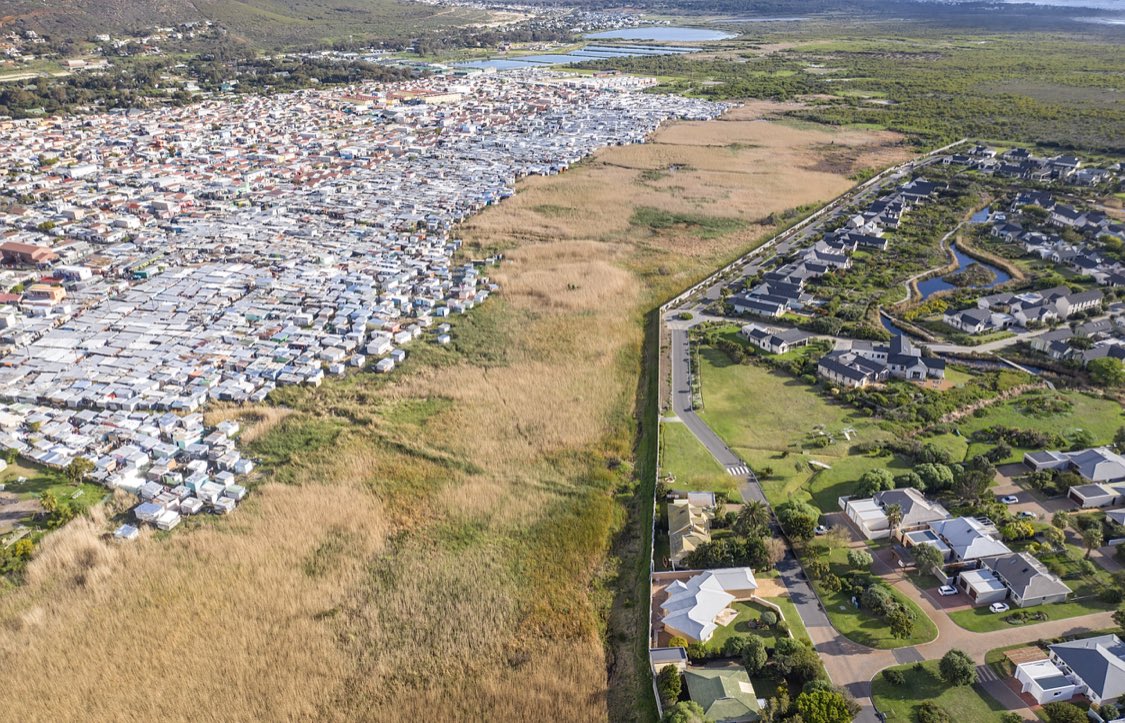Zimbabwe’s parliament just got a new home and it’s a gift from Beijing; China built the US$160 million complex. It’s just one of many jewels in China’s ‘palace diplomacy’ crown in Africa, there are reported to be more than 180 such projects. Here are some others:🧵 







In 2003, China committed US$18 million for a new parliament building in Guinea-Bissau. It was completed two years later, but reports stated that the actual cost of the building was only US$6 million.
China had already built the country’s national stadium and a government palace.
China had already built the country’s national stadium and a government palace.

In 2010 China handed over a $41 million parliament building to Malawi’s government. (In 2020 parliamentarians complained that the building leaked enough to disrupt proceedings and there were cracks in the walls) nyasatimes.com/chinese-built-… 
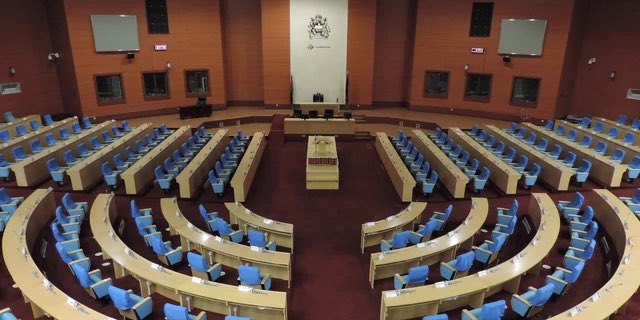
China built and funded the US$200 million headquarters of the African Union in Addis Ababa. In 2019 Beijing dismissed reports by Le Monde that China put bugs in walls and desks and downloaded data from their servers every night for five years. 
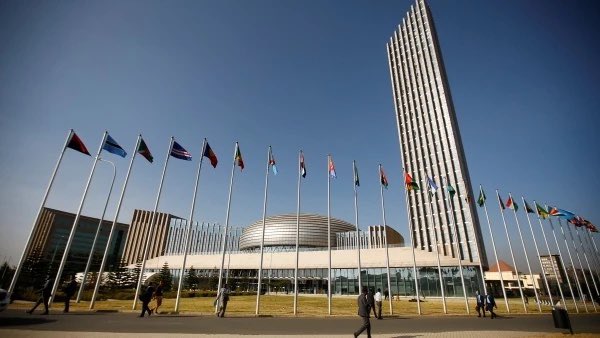
The Economic Community of West African States (ECOWAS) is similarly getting a new headquarters building in Abuja worth $31.6 million, courtesy of China. 
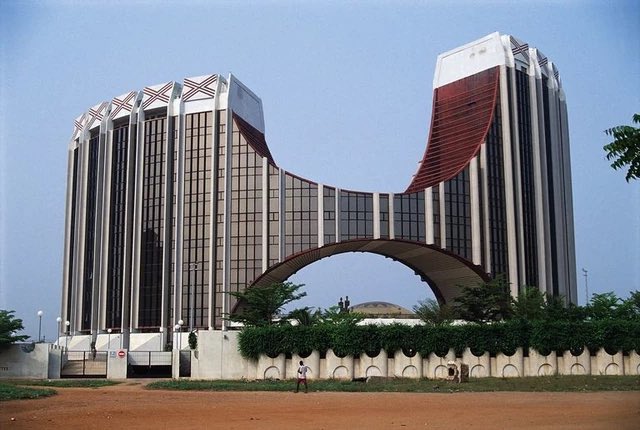
Burundi inaugurated a $22 million presidential palace in 2019, fully funded and built by China. It was presented as ‘a symbol of friendship and cooperation’ between the two countries. 

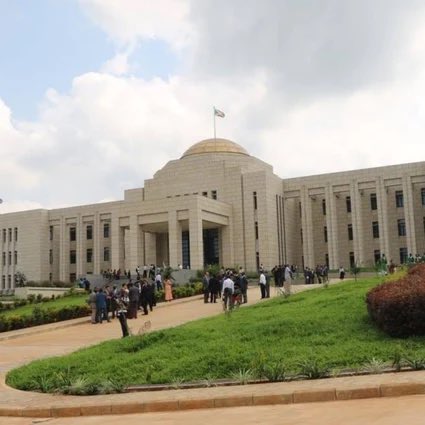

China had a gift for Congo too, donating a parliament building in the capital Brazzaville at a cost of US$58m 

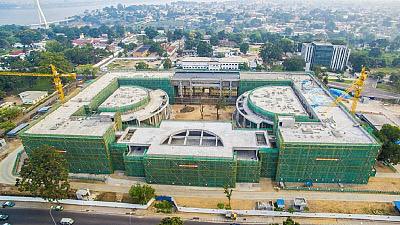
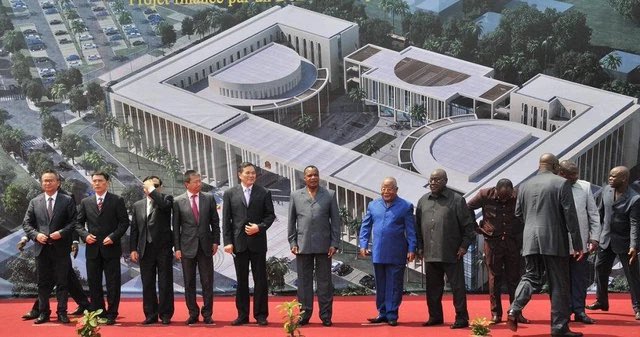
China gave parliament buildings to Lesotho in 2012, and in 2017 and 2019, pledged to rebuild parliament buildings for Gabon and Sierra Leone as well. 


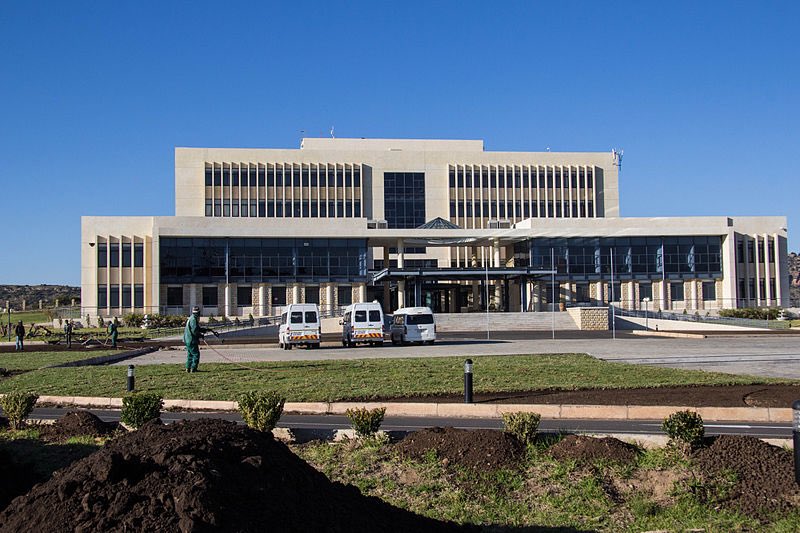
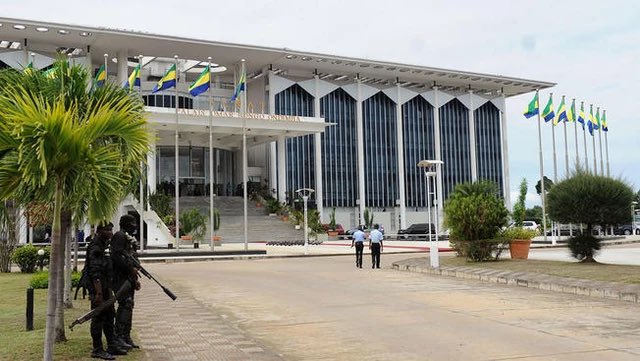
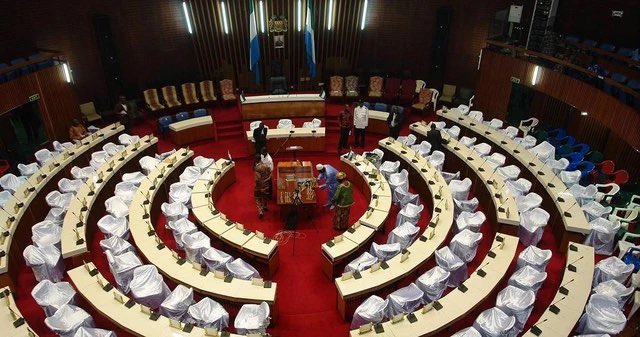
One report (by an American think tank) said since 1966, Chinese companies have built or renovated at least 186 African government buildings, including 24 offices or residences of heads of state. Most of them fully funded or partially subsidized by Beijing herit.ag/3OR5v0W
Some are quick to frame China’s influence in Africa in terms of how it’s interpreted by the West. But the more pressing question for Africans is whether their leaders ensure these investments fulfill Africans’ agendas, not just Chinas.
• • •
Missing some Tweet in this thread? You can try to
force a refresh






